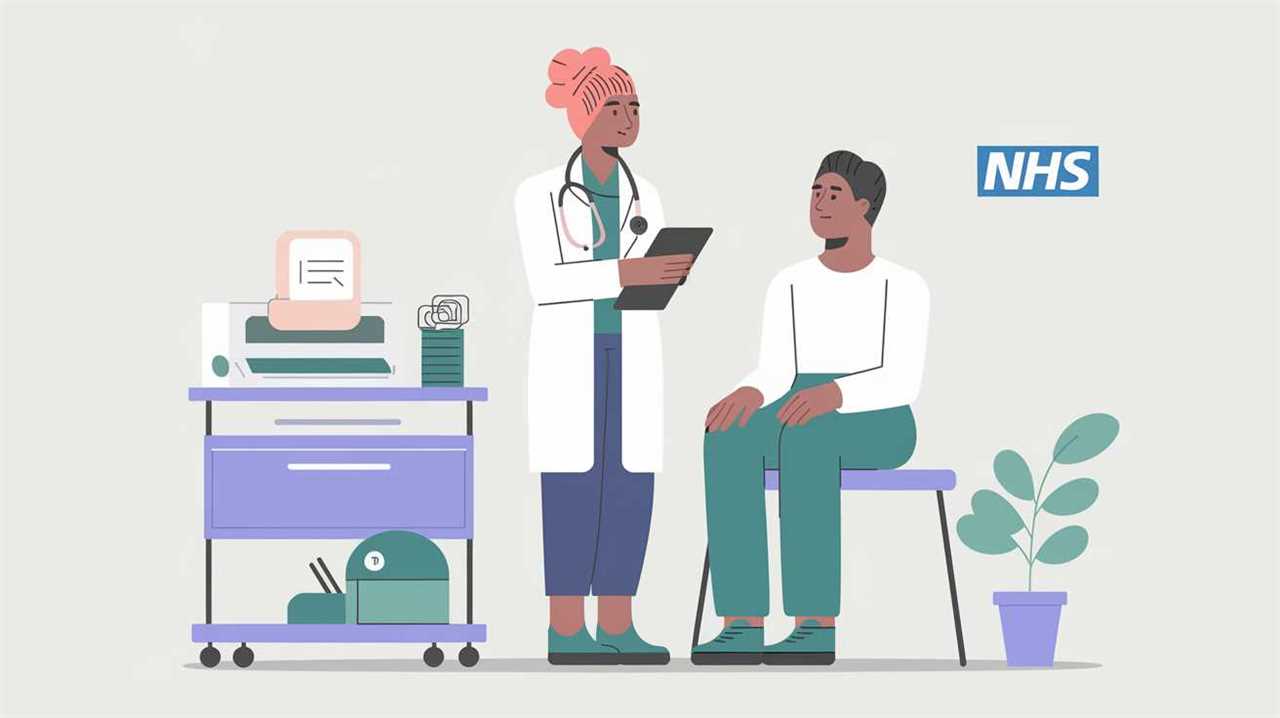
New Guidance Aims to Promote Inclusive Language in Healthcare
A new guide for NHS staff has sparked controversy after advising doctors and nurses to avoid asking patients about their marital status, in a bid to avoid offending single people. The 52-page document, produced by the Humber and North Yorkshire Care Partnership, claims that a patient's marital status is personal information and should only be requested if medically relevant.
Assumptions about Relationship Status Must be Avoided
The guide, written by the partnership's Best Place to Work manager, emphasizes the importance of not making assumptions about a person's relationship status or reasons for it. Instead, staff are advised to use gender-neutral and inclusive language when inquiring about a patient's relationship status. The recommended phrase is: "Please tell us your marital or civil partnership status," rather than "Are you married?"
Criticism from Tory MP and Concerns about Pointless Obstacles
The new guidance has been met with criticism from Tory MP Sir Alec Shelbrooke, who argues that the NHS should focus on providing medical care rather than worrying about offending patients. He stated, "The last thing I'm going to be thinking about if I've broken my leg or had a heart attack is if the nurse's questions offend me." Shelbrooke also expressed concerns that the new guidance could create pointless obstacles for medical staff trying to gather essential information about a patient's family.
Inclusive Language Extends to Pregnancy and Chest-Feeding
The document also advises staff to avoid assuming that only women can be pregnant, and instead use language that acknowledges anyone can chest-feed or express milk. However, this guidance appears to contradict previous advice that discouraged the use of the term "chest-feeding" when referring to non-binary parents.
Questions Raised about NHS Priorities
The introduction of this new guidance has raised questions about the NHS's priorities and allocation of resources. While the organization claims to be struggling financially, it appears to have invested significant time and effort into producing a comprehensive guide on inclusive language. Critics argue that this focus on language and terminology detracts from the NHS's core mission of providing medical care to those in need.
Implications for Healthcare and Patient Care
The implications of this new guidance for healthcare and patient care remain to be seen. While the intention behind the guide is to promote inclusivity and respect for patients' personal information, critics worry that it may create unnecessary barriers to effective communication between medical staff and patients. As the NHS continues to navigate the complexities of modern healthcare, it must balance the need for inclusive language with the demands of providing high-quality medical care.






